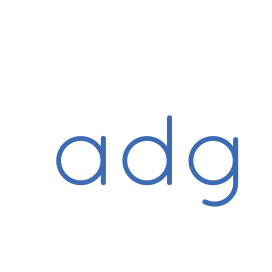
The Australian screen industry has led the way in getting back to work and rebuilding the national economy during the pandemic. But the government announced changes to tax incentives last year that will make it much harder for certain genres to be financed and it relaxed content rules for traditional TV platforms which will lead to fewer productions across the board and most alarmingly, there is now no regulatory obligation for any Australian commercial TV station to produce or show Australian children’s content. Documentary has been undervalued in these changes too. Screen Producers Australia modelling estimates an overall annual decline in production from this partial deregulation of $100m.
The ADG and other guilds took to Canberra in March under the Make It Australian banner demanding government reconsider its position and that it also looked to ensure the big streamers made a fair contribution to Australian stories by regulating their levels of investment in Australian content. Read more here.
Whilst this united advocacy ultimately lead to the government walking back its decision to reduce the feature film offset and its decision to halve PAY TV’s obligation for new Australian drama, the government still plans to move forward with other detrimental offset reforms and is slow in implementing obligations on the streamers in spite of their incredible growth in reach and influence.
According to Deloitte’s latest Media Consumer Survey, four out of five Australian households now have at least one digital entertainment subscription, most have more than two, with an estimated 70 per cent of Australians subscribing to at least one SVOD service. Research from Kantar found a staggering 1.4million Australian households added at least one new video subscription service in the three months to June 2021.
We want to see a robust and sustainable Australian screen industry and we want to see high-quality, commercially viable and internationally competitive Australian content on ALL our screens. It is vital that Australians continue to see themselves and their stories on the platforms they are flocking to, and to secure a stable future for the industry that creates and makes that content.
The government issued a Green Paper on a number of proposed media reforms including regulation of streamers and our full submission can be found here.
Our submission included the following proposed reforms:
- Streamers to be required to reinvest 20% of their Australian-sourced revenue into commissioning new Australian content.
- The investment obligation should apply to all types of SVOD, AVOD and broadcaster video-on-demand (BVOD) services with no exemption for services owned by a corporate structure that also owns a broadcasting licence.
- Eligible service providers must comply with genre sub-quotas for drama, children’s television and documentary and these quotas must come with promotion and discoverability requirements.
- Eligible service providers should be required to spend 80% of their expenditure obligation on the local independent sector.
- An increase in the direct funding of the public broadcasters who have been left with the sole responsibility of programming vulnerable genres such as children’s television for local audiences.
- Regulation of the streaming platforms to be implemented by 1 January 2022.
